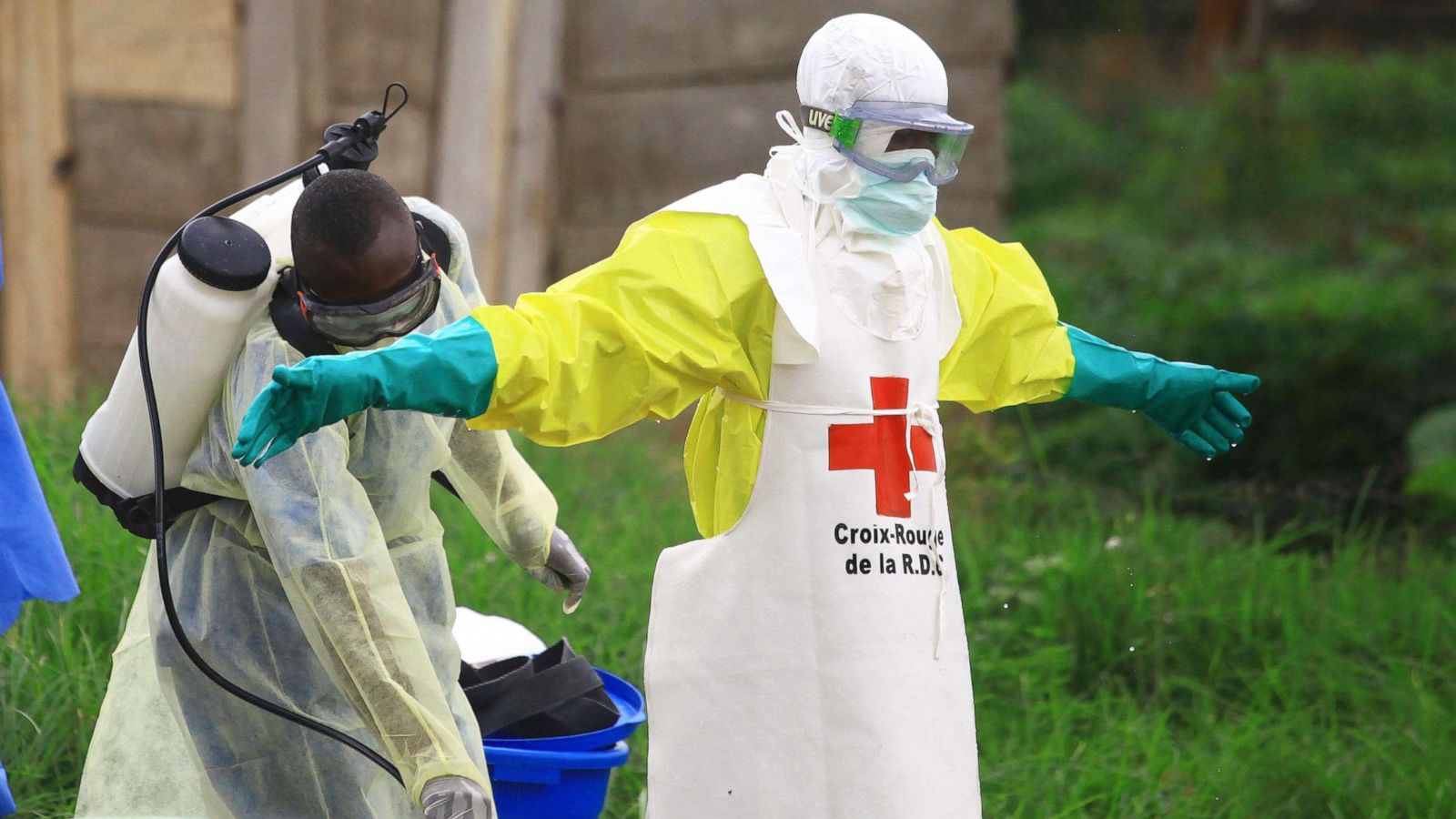International health agencies are in a race to contain another outbreak of Ebola in the Democratic Republic of the Congo (DRC). The World Health Organization (WHO) declared the outbreak following the death of a 31-year-old man in Mbandaka city. This is the 14th Ebola outbreak since the disease was first detected in 1976 in the central African country.

Health officials said the deceased man was inoculated against the disease in 2020 and had been sick for nearly two weeks before seeking medical help. Health officials believe the man could have spread the disease to several other people, and have traced 74 people that had contact with the man before his death.
Ebola is a severe hemorrhagic fever that is characterized by high fever and internal fever, and usually infects humans and primates such as monkeys and chimpanzees. It is transmitted through the body fluids of infected persons or via contact with the corpse of a person who died from the disease.
There is usually an incubation period of two weeks before symptoms start developing in infected patients.
The WHO Regional Director for Africa, Dr. Matshidiso Moeti, said the disease started spreading some weeks ago before health officials became aware of its outbreak. He expressed optimism that the Congo government will be able to contain the outbreak, given their experience in dealing with the disease over the past decade.
“Time is not on our side,” Moeti said. “The disease has had a two-week head start, and we are now playing catch-up. The positive news is that health authorities in the Democratic Republic of the Congo have more experience than anyone else in the world at controlling Ebola outbreaks quickly.”
Given the success rate with vaccines, infection rates have declined significantly and patients have greater chances of survival. Before vaccines were developed, the fatality rate ranged from 25% to 90% but the authorities have upped their game to increase vaccination among people around the country. Government sources said more than 2,200 people died from the disease from 2018 to 2020 when the epidemic peaked in the Congo.
The major problem health officials are currently facing is accessing the remote parts of Mbandaka as well as the Nord Kivu province where armed militias and jihadists hold sway. But the ICRC health coordinator for the Congo, Catherine Savoy, said healthcare workers are intensifying their efforts to reach every corner of the country for vaccination operations.
